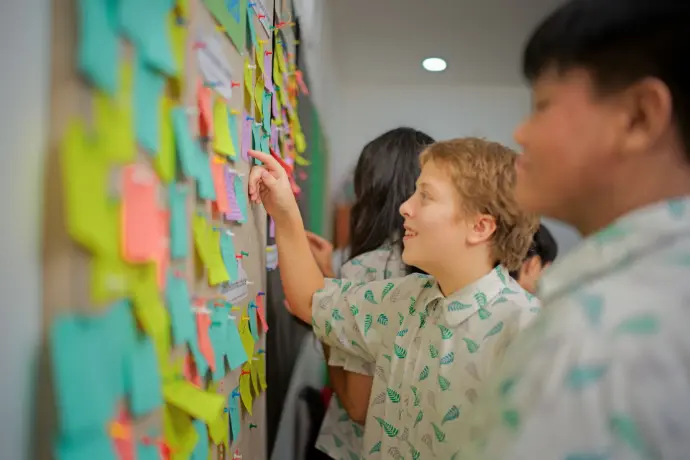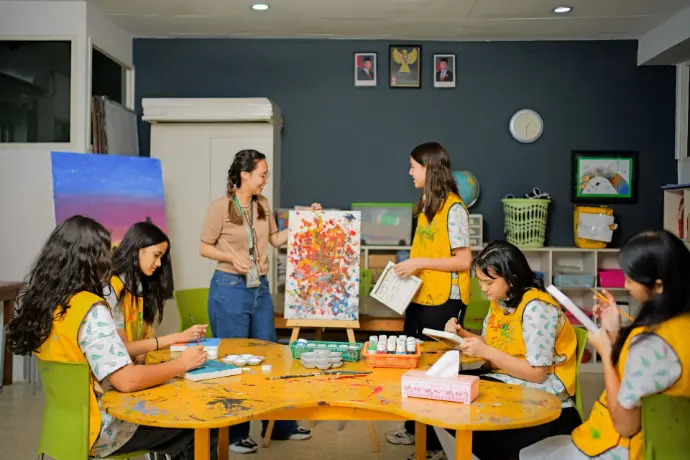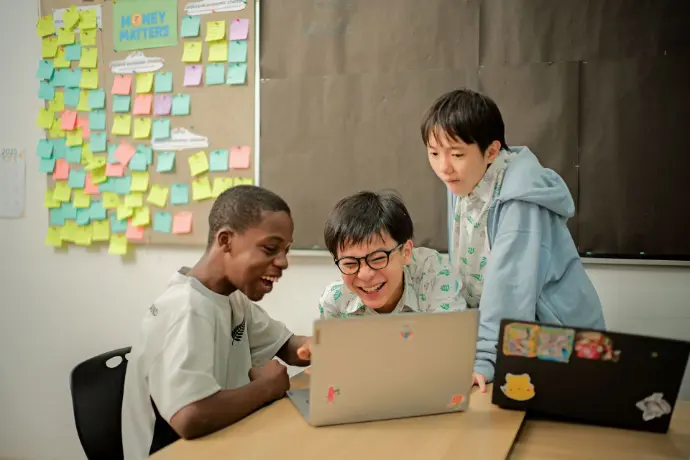Secondary School at NZSJ
Our secondary school runs from Grades 7 to 10, followed by Pre-University (Grade 11 and 12)

Holistic and Inquiry-Based Education
Our secondary school runs from Grades 7 to 10, followed by Pre-University (Grade 11 and 12) NZSJ applies the New Zealand Curriculum (NZC) supplemented by other international programmes. This combination offers our older learners an inquiry-based holistic approach to education, promoted through the learning areas of:
- English
- the Arts
- Health and Physical Education
- Learning Languages
- Mathematics and Statistics
- Science
- Social Studies
- Technology
We feel that the holistic nature of this curriculum offers a great foundation for our children and will set them up for success as they prepare for high school and university and seek to contribute in this world.
Learning Beyond the Classroom
At NZSJ, learning goes far beyond the walls of the classroom. We believe in creating rich, real-world learning experiences that connect students to their community, environment, and the wider world. Whether it’s through hands-on inquiry projects, student-led events like our bazaar, field trips, performances, service learning or participation in competitions, our students are encouraged to explore, question and engage in meaningful ways. These experiences help them build essential life skills such as collaboration, creativity, problem-solving and empathy.
Arrange a Visit!
We welcome virtual or in-person visits from prospective families. Contact us to make arrangements through our Admissions Office. We will be glad to answer any questions you have and to book a chat for you with our Head of School.

